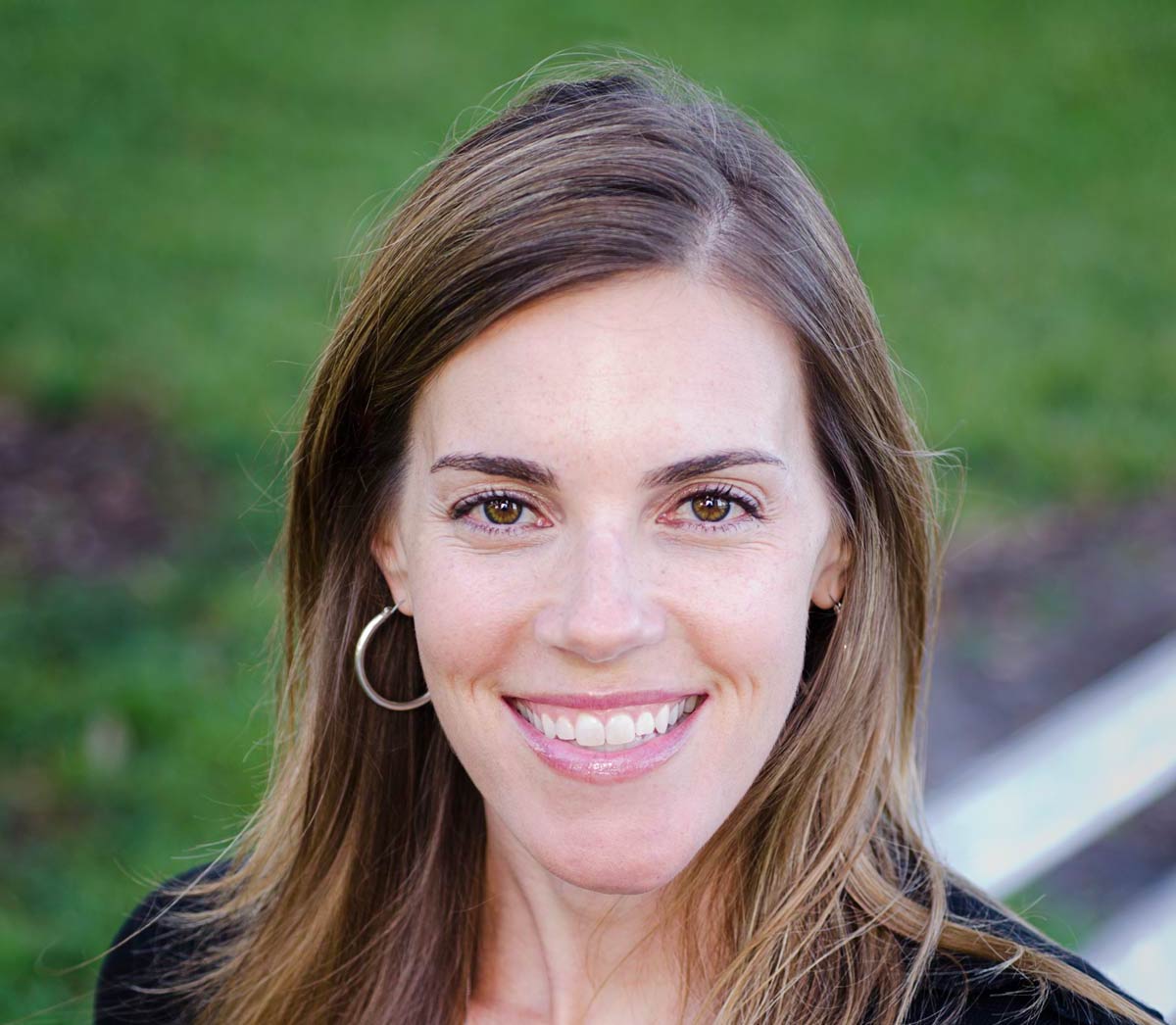How to Encourage Loved Ones to Go Plant-Based: 7 Dos and Don’ts
After Forks Over Knives reader Gwen Jahnke saw her dad suffer two strokes, she spent more than a year encouraging her parents to switch to a whole-food, plant-based lifestyle. “Talking just didn’t work,” Jahnke says. Then, during a weeklong vacation together, Jahnke changed tack. She took her parents grocery shopping, prepared plant-based meals for them, and left out FOK magazines and books like How Not to Die by Michael Greger, MD. “My husband and I wanted to expose them to great food and quality information without being pushy,” she says. That was when her parents decided to make the shift. Three years later her dad credits plant-based eating with saving his life.
If you’ve reaped the rewards of a whole-food, plant-based (WFPB) lifestyle, it’s natural to want to share the information with your family and anyone else you care about—especially if they’re dealing with a chronic condition like heart disease, type 2 diabetes, or an autoimmune disorder. But food and health can be sensitive topics, and people may respond defensively. So how do you give it your best shot? Here are some things that work, and others that don’t, according to FOK readers and plant-based experts.
DON’T: Preach 🔗
No matter the health situation your loved one is dealing with, it’s important to resist the urge to proselytize. “You have this potentially life-changing information, but it really has to be dosed out in the right amounts and at the right time to be effective,” says Brian Wendel, founder of Forks Over Knives. “In fact, too much at the wrong time and place will be counterproductive.”
Amy Swoope, 50, lost 30 pounds after switching to a WFPB lifestyle. But she bit her tongue and refrained from getting defensive when her mom mockingly declared she could never give up meat the way her daughter had. A few months later, out of the blue Swoope received a text from her mom asking, “What is that diet you’re on again?” After a doctor visit, her mom had learned that her weight, cholesterol, and blood sugar were too high. Suddenly she was ready for her daughter’s advice. “As ancient wisdom says: When the student is ready, the teacher will appear,” Swoope says. “I shared books, web pages, and WFPB recipe apps.”
DON’T: rush it 🔗
Waiting for an invitation to share what you’ve learned may feel like withholding valuable information, but you’re actually helping just by being a living, breathing success story. “The key is to plant the seed, teach by example, and wait for the questions,” says Betty Whetzel, 63, who has inspired six friends to go plant-based since she and her husband collectively lost more than 150 pounds and normalized their bloodwork on a plant-based diet.
“I brought black bean brownies to a community potluck, and I blew people’s minds when I told them what was in them. They scarfed them down and asked for the recipe.”
When friends do ask for information, keep in mind that you don’t want to overwhelm them with all-or-nothing directives or turn them off with a self-righteous tone. “So many people come from a place where their doctors aren’t telling them there’s anything wrong with their nutrition, and they’ve grown up eating a certain way their whole life,” says Monica Aggarwal, MD, FACC, a cardiologist and co-author of Body on Fire: How Inflammation Triggers Chronic Illness.
DO: share a book 🔗
Share a book that influenced you. Neal Barnard, MD, president of the Physicians Committee for Responsible Medicine, offers his tried-and-true strategy to motivate people to actually crack that book open: Flag a few interesting pages with Post-it notes, and add a note on the cover explaining that the flagged pages made you think of them.
DO: check-in (periodically) 🔗
“Give them time and space, but let them know you’re there,” says Doug Schmidt, a heart attack survivor who co-founded with his wife, Shari, The Good Life Challenge, a 10-day program introducing the WFPB lifestyle that has reached more than 11,000 participants. Sharing a favorite new plant-based recipe every once in a while is a good way to check in without being pushy.
DO: share your story 🔗
Open up about how plant-based eating helped you, then promise to follow up with an email with resources. Keep the email simple, linking to three helpful articles from credible sources on the specific health subject, suggests Wendel.
DO: foster community 🔗
It’s helpful to connect plant-curious people with a quality support system by sharing your favorite WFPB doctors and chefs to follow on social media or inviting them to join a WFPB online community, such as the Forks Over Knives Official Plant-Based Group on Facebook.
DO: celebrate small wins 🔗
Be your loved ones’ biggest cheerleader, and celebrate any healthy changes they try out—even the smallest changes, like observing meatless Mondays or trying a new plant-based food or restaurant. Every little step they take toward better health is a big deal.
To learn more about a whole-food, plant-based diet, visit FOK’s Plant-Based Primer.


